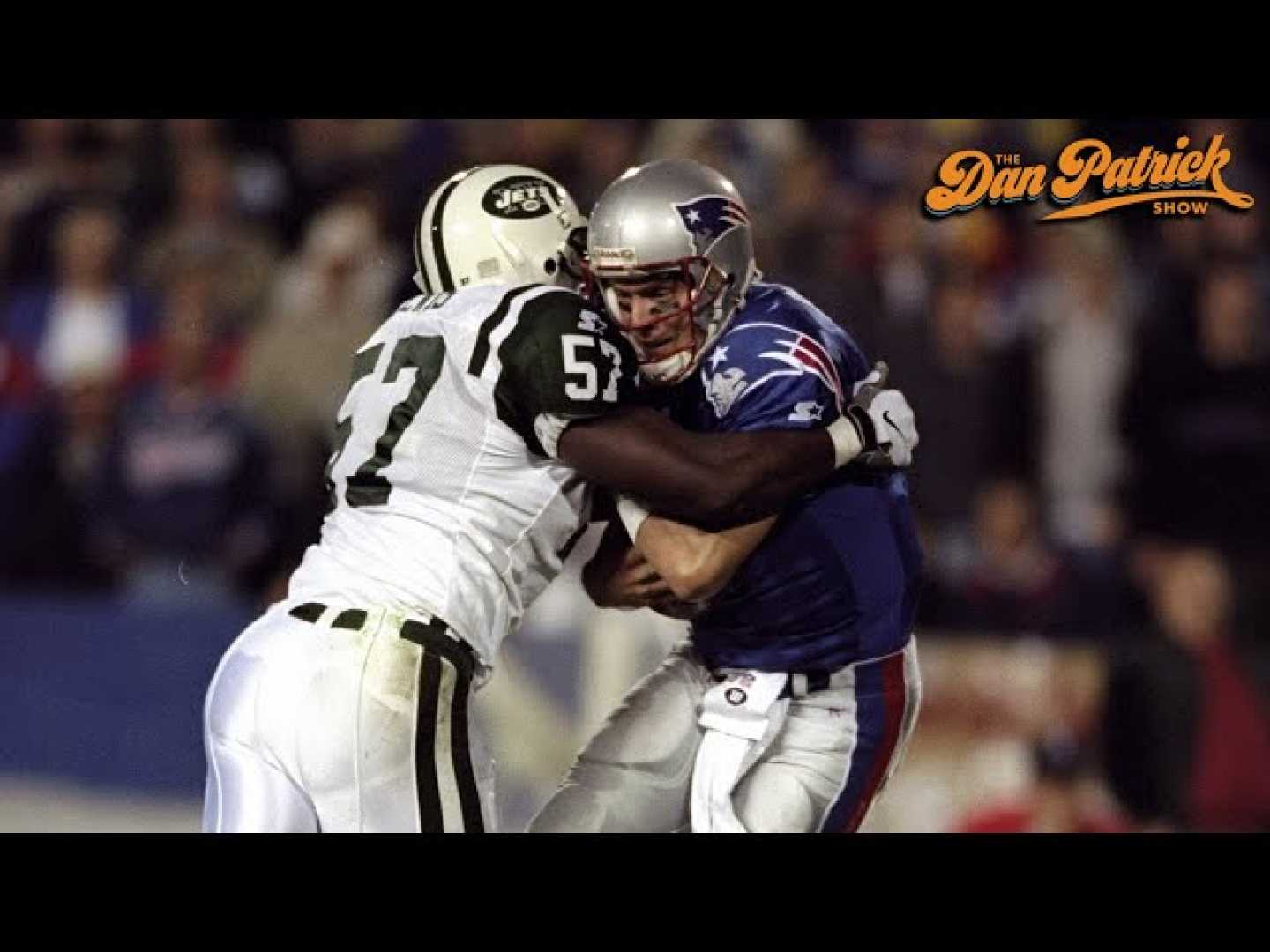Sports
Mo Lewis Blames Drew Bledsoe for Iconic Hit’s Fallout

FOXBORO, Mass. — Nearly 25 years after his fateful hit on Drew Bledsoe, former New York Jets linebacker Mo Lewis has spoken out about the moment that changed NFL history. In a soon-to-be-released book titled “Brady vs. Belichick,” Lewis argues that Bledsoe, not he, should bear the blame for the injury that led to Tom Brady‘s rise.
On September 23, 2001, during a game against the New England Patriots, Lewis delivered a devastating blow to Bledsoe, which sheared a blood vessel in the quarterback’s chest. Bledsoe was reportedly close to death as he was rushed to the hospital, while Brady, a sixth-round draft pick, was thrust into the starting role.
“Bledsoe just signed a $100 million deal to be what type of quarterback? A passing quarterback, correct?” Lewis says in the book. “Had he not got outside the pocket and ran with the ball, would we be talking about this? Who caused the event? The person who was with the ball.”
Bledsoe, who was trying to scramble for a first down when the hit occurred, was known for his pocket passing ability rather than mobility. Lewis highlighted that his intention during the play was simply to make a tackle. He stated, “I’m a linebacker. I make tackles. I do not gauge how hard or how soft I hit a person.”
After retiring in 2003, Lewis largely avoided media attention, with some suggesting he feels overshadowed by the infamous hit. Yet, he remains indifferent to this perception. “It’s really irrelevant to me,” Lewis said. “If people want to talk about it, I don’t hide from it. But it has no importance to me.”
Historically, Lewis’s reputation has been shaped by that single play. He was selected to three Pro Bowls and named a first-team All-Pro in 1998, but he believes the narrative surrounding him has fixated disproportionately on the hit itself.
Former Jets coach Herm Edwards acknowledged the significance of the hit, noting it transformed Brady’s career. Meanwhile, former Patriots coach Pepper Johnson expressed frustration with Bledsoe, highlighting that he had warned him to avoid one-on-one situations with Lewis.
The consequences of that moment are still felt throughout the league, serving as a reminder of how a single play can reshape the trajectory of multiple careers. Lewis’s continued insistence on Bledsoe’s role in that event adds a new layer to the ongoing discussion of accountability and legacy in professional sports.












